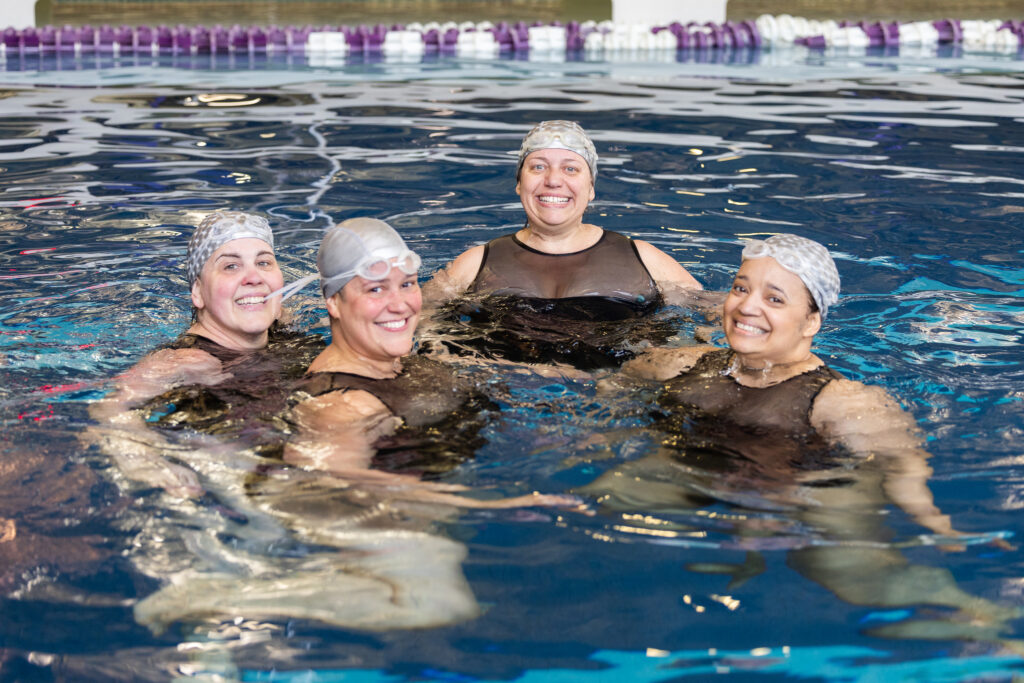One often attends a university in order to acquire content: to learn how to write software code, or analyze an income statement, or design a load-bearing wall, or write a compelling paragraph. In the internet age, there are those who argue universities are less relevant as the content that was once only available in the classroom or the dusty stacks of the library is now available instantaneously on everyone’s tablet or phone.
These days, there is a shift from acquiring content to learning how to use that content to make decisions, solve problems, and take appropriate action. This ability, often referred to as Critical Thinking, has been identified as one of the key skills required for future success by educators, business leaders and governments. Whether currently in the classroom or a seasoned alumnus, most of us could improve our critical thinking skills. Here are the eight most effective ways to do that:
- Pause before deciding. Some decisions require the instinctive brain, others the emotional, and the rest the rational brain. Pause for a minute to give your brain the time to shift into the right gear.
- Engage the Team. The more people who are involved in making a decision, the more successful it tends to be. With differing points of view, you will get better ideas on the table and more agreement when the decision is reached.
- Ignore what you can’t control. Put your time and energy into the issues over which your have control and ignore everything else.
- Don’t assume. Critical thinkers ask open questions to find the information they need, rather than trying to confirm what they already think.
- Find the root cause of a problem. The symptoms of a problem are often easier to spot that its cause. Critical thinkers dig deep to find out why a problem is occurring.
- Balance your thinking. Critical thinkers recognize that we are both rational and emotional beings and work hard to address both of these areas when making decisions.
- Don’t jump to conclusions. Jumping to conclusions can lead one to wrong information and poor decisions. Critical thinkers draw conclusions from their evidence, not evidence from their conclusions.
- Consider the risk. Effective critical thinkers will try to foresee and prevent any risks associated with an action plan. Plans are also made to mitigate the risk on the off chance it occurs.
An effective critical thinking process will help you curate all of that content you have at your disposal. You will solve problems more easily, reach better decisions, and will have more agreement from stakeholders. For more information on critical thinking, read Eight Habits of Effective Critical Thinkers by Jen Lawrence, author of Engage the Fox: A Business Tale About Thinking Critically and Motivating Your Team.







